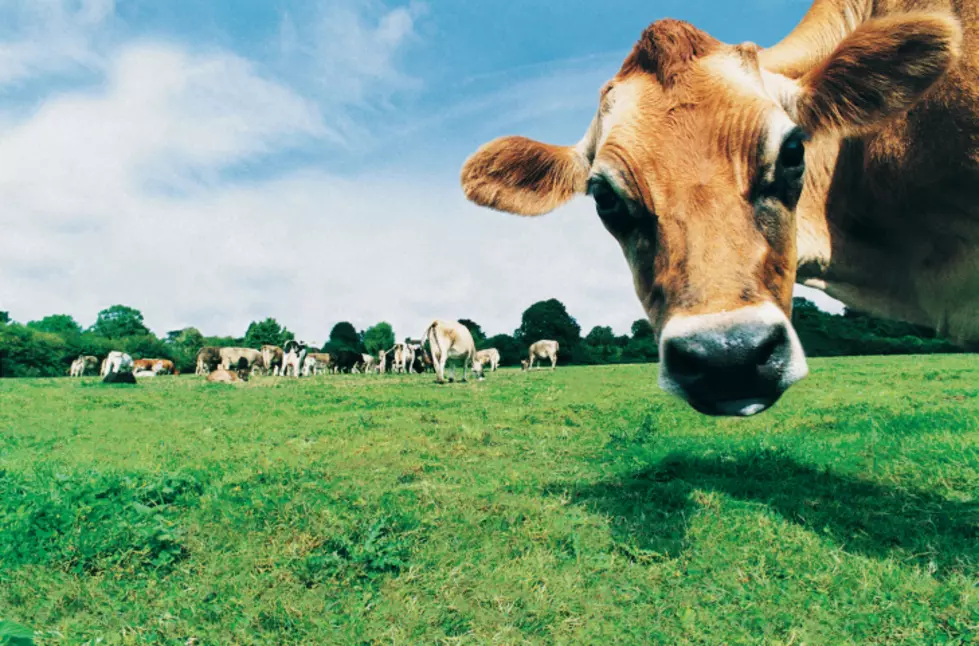
Watch Farm Animals For Vesicular Stomatitis Virus Infection in Arkansas
The Arkansas Department of Agriculture is urging owners of hooved animals to closely monitor their animals and comply with all animal movement restrictions issued in response to the recent confirmed finding of Vesicular Stomatitis Virus (VSV) infection in three horses on a premise in Benton County, Arkansas.
The Arkansas Department of Agriculture (Department) issued an alert and implemented animal movement restrictions immediately after federal confirmation of the VSV infection on July 27.
VSV is a viral disease affecting horses, cattle, sheep, goats, and swine. The confirmed VSV infection in Benton County appears to be a strain that predominantly impacts equine. Transmission commonly occurs through bites from black flies, sand flies, and other biting insects.
“It is likely that the list of affected premises and counties will expand over the next month or more” said Arkansas State Veterinarian, Randolph Chick, DVM. “Restrictions on animal movement is a necessary part of the effort to reduce the impact of this disease. Caretakers of equine and other hoofstock need to check often for changes in movement restrictions and other VSV information on the Ag Department’s website. Folks should be aware that caring for affected animals can pose a risk for human infection, causing flu-like symptoms that can last a week or so.”
Current VSV movement restrictions affect all Arkansas based equine, including horses, donkeys, mules, and others originating from a county of or an adjacent county to a VSV quarantined facility. To legally move an equine animal from an affected county, the individually identified animal is to be examined by an USDA Accredited veterinarian, be declared free from lesions of VSV within 5 days prior to any travel within or through Arkansas, and be accompanied by a Certificate of Veterinary Inspection (CVI) with the date of the veterinarian’s examination and an assigned Entry Permit number recorded on the CVI.
Detailed information about VSV movement restrictions and other VSV information can be found at the Department of Agriculture website: https://www.agriculture.arkansas.gov/livestock-poultry
The Department’s Livestock and Poultry Division is monitoring other potentially affected hooved species through its Livestock Inspectors stationed and present at all livestock auction barns selling cattle, swine, sheep, and goats. Livestock inspectors are also present at horse auctions held within the state’s boundaries.
Since this outbreak was detected on April 13, 2020, VSV has been identified on 267 premises in eight states. Equine was the only species affected on 256 of the premises noted. Cattle were affected on ten premises and a single premise had both equine and cattle demonstrate lesions.

."}" data-sheets-userformat="{"2":33567489,"3":{"1":0},"11":4,"12":0,"15":"Arial","16":10,"28":1}">
KEEP READING: See how animals around the world are responding to COVID-19
More From Eagle 106.3









